Last Updated: 05/05/2025
Feeding Eclectus Parrots
Written by one of our expert veterinarians, this guide explains the nutritional needs of Eclectus parrots, including what and how to feed them.
Author: Dr Emilee Lay BVSc BSc (Vet) Hons
Reading Time: 12 minutes - short read
Eclectus Parrots aka 'Eckies' can be found in the tropics of Australia, Indonesia, Papua New Guinea and the Solomon Islands. A medium sized parrot, they are known for being sexually dimorphic, which means the males and females are quite distinct from each other - males being a vibrant green, and females a gorgeous red and purple. Hailing from the tropics, they are considered frugivores - enjoying a diet consisting ofof fruits and vegetables, and have adapted to a diet high in fibre.
Diet
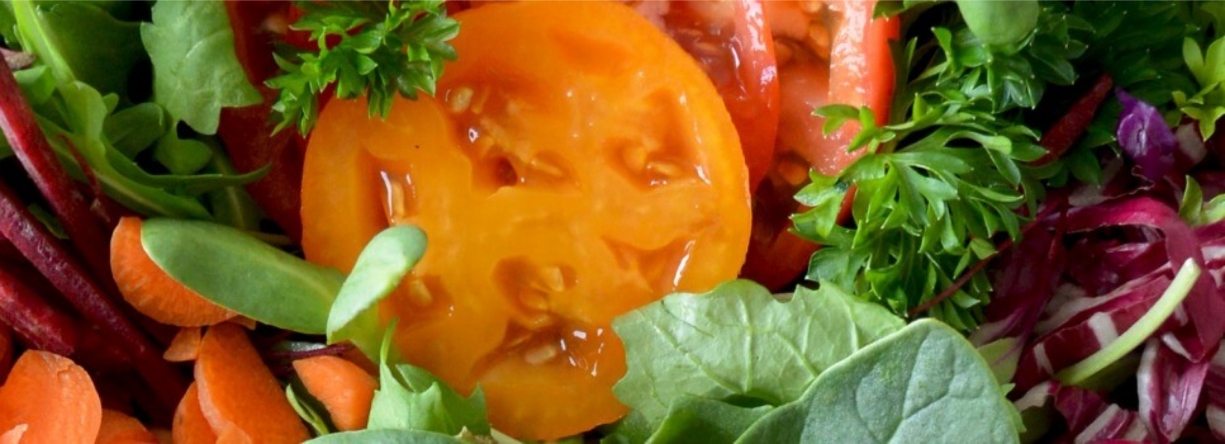
In captivity, it's important to realise that a high fruit diet is not necessarily appropriate for Eclectus. They spend up to 70-80% of their time in the wild foraging and travelling for food - which would allow them to burn all those calories without much effort. A complete seed diet is not appropriate either, as it is high in fat, but low in lots of important vitamins and minerals.Â
An appropriate diet for an Eclectus should include up to 30-50% high quality formulated (pelleted) food, and the remainder consisting of fruit and vegetables. Seasonal fruits and vegetables can be offered fresh and include bananas, passionfruit, melons, kiwis and to a lesser extent pears, apples and oranges. Frozen fruit can also be used to add texture and variety when out of season. Vegetables that can be fed include legumes (chickpeas, lentils and soybeans), carrots, and sweet potatoes and dark leafy greens such as asian greens, spinach and carrot top. They should get more vegetables than fruit. Avocado, onion, garlic, and ginger are toxic to birds. Fresh food can be cut up into âchop,â which can then be refrigerated for up to a week, or can be fed as whole pieces of fruit and vegetables.
Seed should make up less than 10% of the diet, or not be included at all. Sprouted seed has far more nutritional value, if seed is to be offered in the diet. Sprouting seed can is a straightforward process, but take care to remove seed contaminated with bacteria or mould.Â
Nuts such as walnuts, macadamias, and peanuts as well as dried fruits are treat foods, and should only be given in small amounts. They can be used as training treats and up to once to twice a week.Â
Check out our handy article on How to Sprout Seed For Your Bird
Feeding Accessories
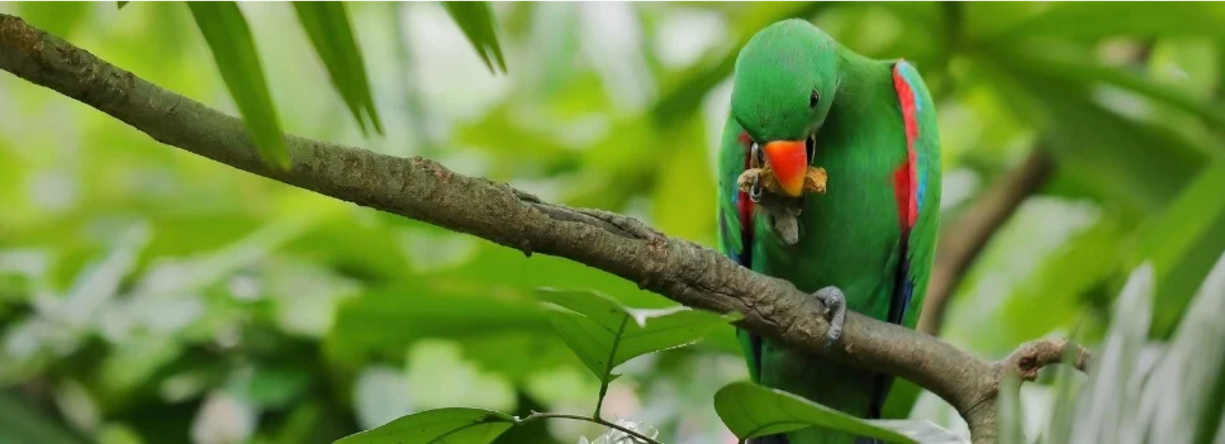
Given their love of fresh fruit and vegetables, it's important to have a sturdy bowl which is easy to clean and deep enough for a variety of feed. Consider adding bird-specific cleaning disinfectants to your home routine to help maintain freshness when sprouting seed and general cleaning of feed containers and cages.Â
Have several bowls and dishes around your enclosure to allow you to mix feeds. Make sure to place your perches in a manner that prevents the food from being contaminated with faeces and waste.Â

Foraging at Home
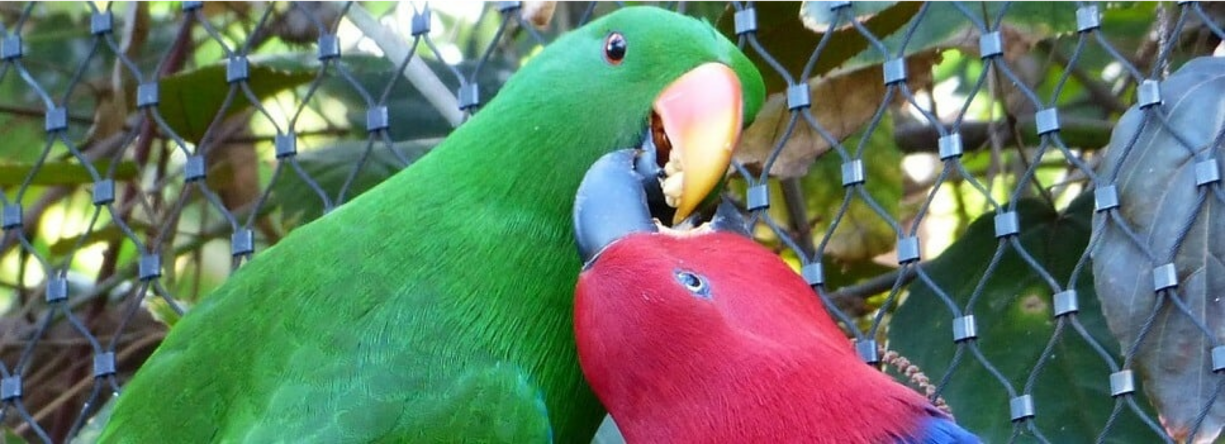
Eckies spend a large amount of time in the wild foraging for food. Keeping that bird brain entertained in captivity is an important part of keeping birds! Boredom and frustration can lead to unwanted behaviours such as aggression, vocalisation and even feather plucking. Foraging toys are a great way to keep them occupied, have a variety on hand, and rotate through them as needed. Likewise get crafty at home, and recycle old cardboard boxes andtoilet rolls and fill them with shredded paper,paper litter, and food.
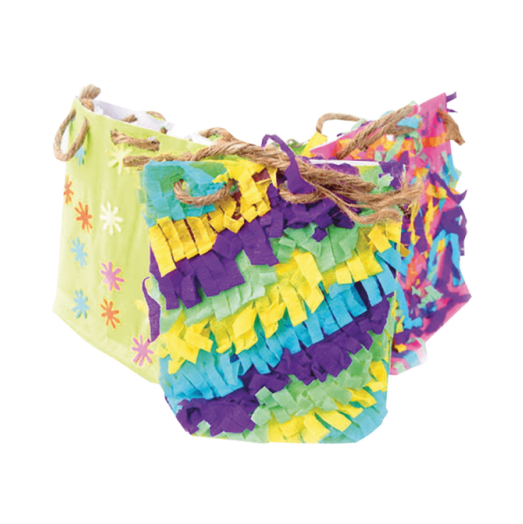
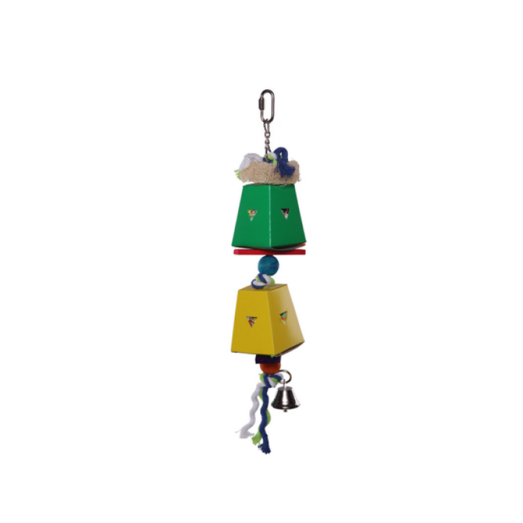
Further Reading
Want to read more? Check out our other articles:
Want to know more? Check out our Discover Page for more tips on keeping your pets happy and h ealthy.
